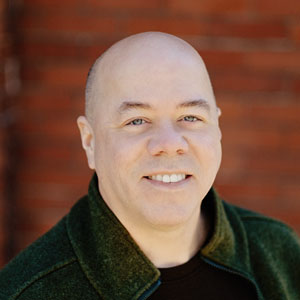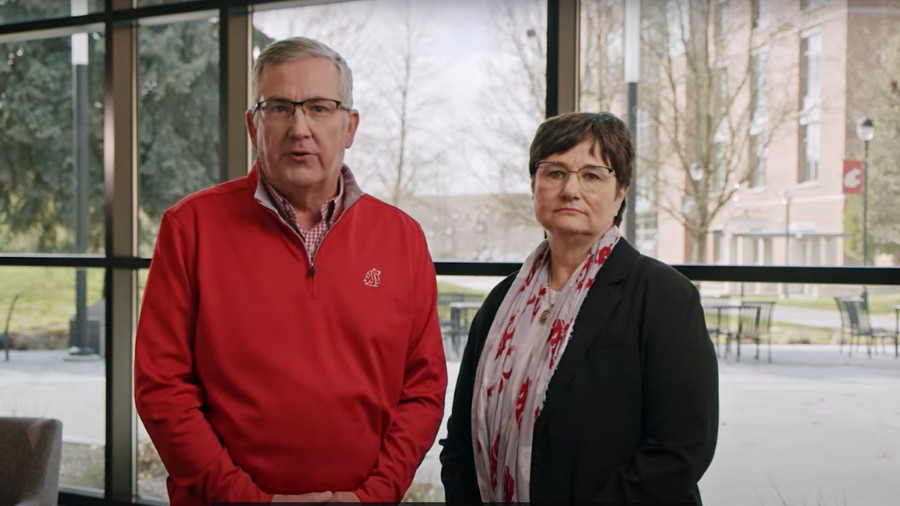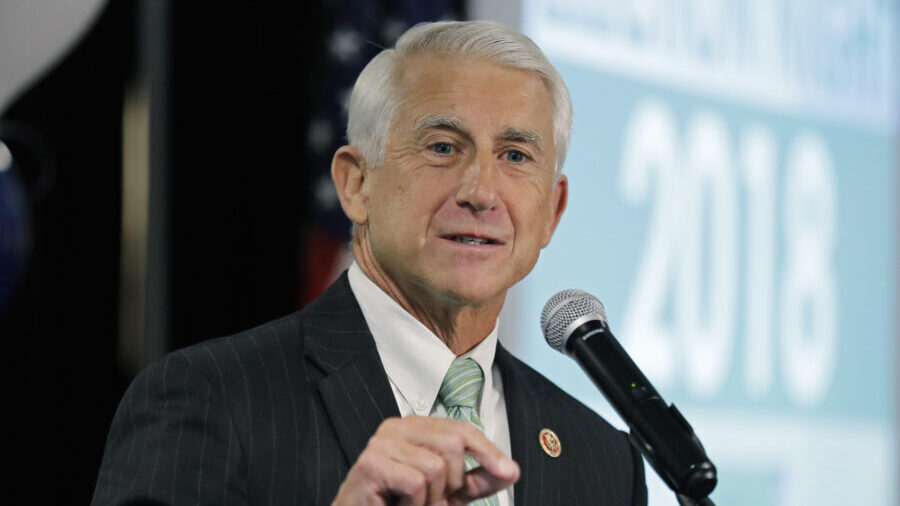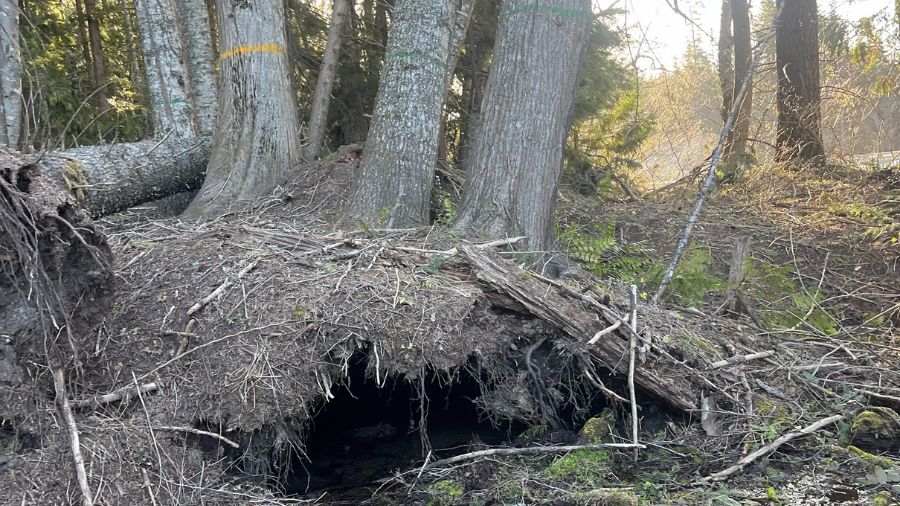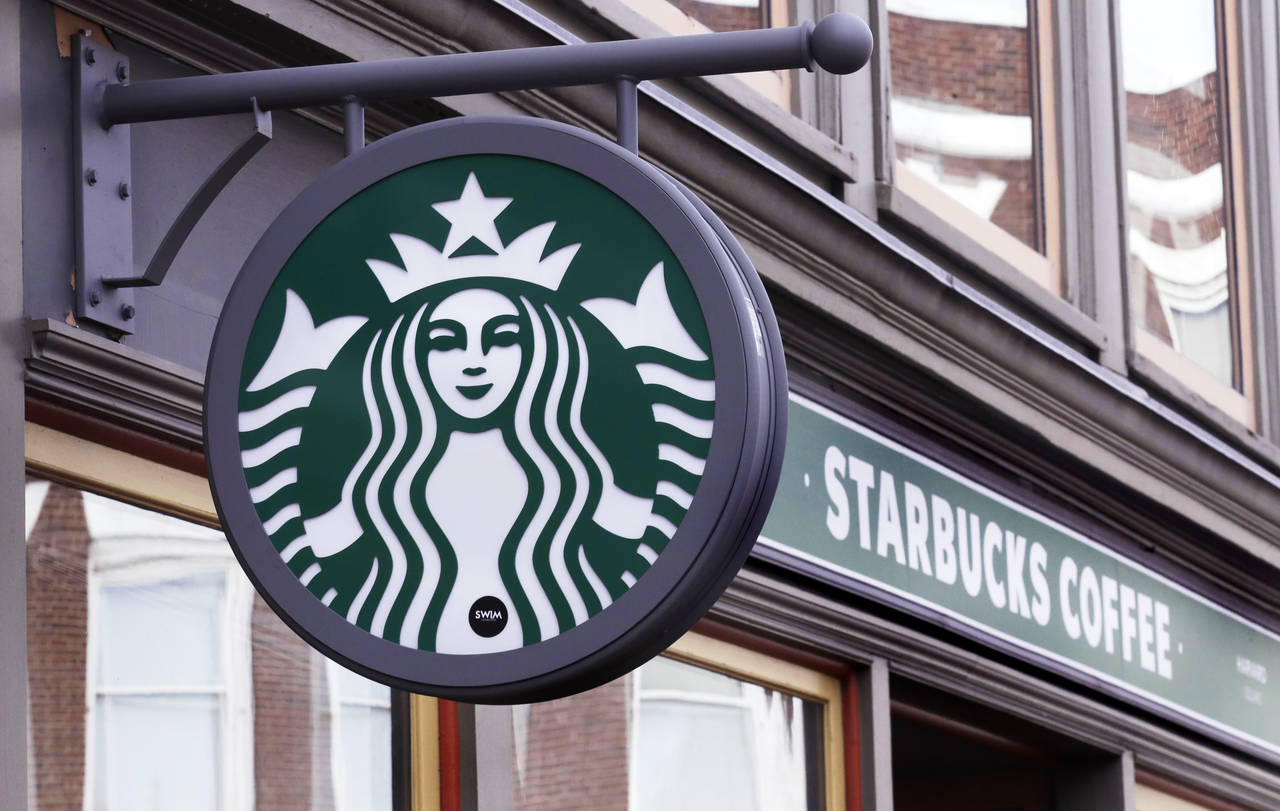State-owned banks is the idea lawmakers love to kill
Feb 28, 2017, 5:01 AM | Updated: 8:53 am

Sen. Bob Hasegawa (center) continues to fight for state-owned banks. (AP)
(AP)
In Sen. Bob Hasegawa’s personal Groundhog Day movie, the endlessly repeating event goes something like this:
The Seattle Democrat introduces a populist bill to establish a state-run bank similar to the one in North Dakota. He gets a phalanx of Democratic lawmakers to sign on. A finance committee discusses the bill. Supporters show up in droves and praise the North Dakota model as profit-making, Wall-Street-avoiding, and taxpayer-friendly. Little public opposition is heard.
Then the bill dies.
“It is like Groundhog Day,” Hasegawa said laughing. “Every iteration, I’m learning more and more.”
And once again in 2017, the state-bank idea has died in Washington for the fifth session in a row. This year it was in the form of SB 5464 which remains mortally stalled in the finance committee.
The bill would have established a state-run bank (called a trust) for the $40 billion in annual taxpayer money. The bank also would open to additional deposits of private funds. Its backers say rather than pay a major bank for big project financing – Washington pays $2 in debt service for every $1 it borrows through bonds — the state could finance projects through its own trust, issue its own bonds and earn interest itself in the process.
While the idea hasn’t enjoyed much fidelity in Olympia, it has become an object of desire at the populist, grass-roots level among both liberals and conservatives. Activists wonder why not carve out the same financial industry that torpedoed the economy in 2008-9? Why not divest from banks with unpopular investment strategies?
“Is it safer than Wall Street?” Hasegawa asked the committee. “I would say yes.”
More than a dozen people testified in favor of the bill. The sole public opposition in the finance committee hearing came from Denny Eliason, a lobbyist for the Washington Bankers’ Association. In remarks that lasted a mere 85 seconds, Eliason wondered if state-sponsored financial institutions should be created to compete against private banks.
“If the (state-owned bank) were allowed to compete with the private sector, it would do so with significant competitive advantages and on an un-level playing field,” he said in a February hearing in Olympia. “We would respectively submit this counter to public policy.”
Eliason’s firm, Alliances Northwest, represents the banking industry and was one of the biggest spending lobbying organizations in Olympia in 2016, 2015, 2014 and 2013, state records show.
SB 5464 never left the committee.
Currently, there is only one state-owned bank in the U.S. Established in 1919, the Bank of North Dakota, was, in part, charged with protecting farmland again bank foreclosure in the Great Depression. Today, the state not only uses the taxpayer-funded bank for infrastructure projects and loans to farmers and students, it has earned a profit for the state for the past dozen years.
But even though it appears to be working in North Dakota, some experts remain dubious about the idea. Economist and retired University of Washington professor Lewis Mandell, said he’s always skeptical about claims that a state can perform private industry functions — such as finance — better than private industry.
First, he said, state banks might be subject to shifting political pressure. But more importantly, he added, it creates a market of one for taxpayer money. Under the current system, the state takes bids for the best deals on its banking.
“In a competitive environment, we would have to ask ourselves, ‘Why do we wish to do this?’ “Mandell wondered. He said he suspects the underlying assumption here is that banks — and by extension Wall Street — are all out to cheat the state. “Are there no honest banks?” he asked. “If the answers to those questions are yes (then) I could certainly justify having a state bank.”
But even if it makes sense economically – it has in North Dakota but it remains untested elsewhere — politics that surround it are another matter.
Since 2010, more than 17 states have pushed bills to set up similar state-owned banks. All have failed. In Washington, legislation to establish a state-owned bank has never made it to the floor for a vote. The banking industry isn’t the only opposition; Municipal bond brokers hate it as well, given the commissions from $4 trillion national market for municipal and state bonds.
Senate majority leader Mark Schoesler (R-Spokane) predicted that the legislation will die every time it gets introduced. Hasegawa’s own party is supportive but mysteriously distant when the issue comes up, Schoesler points out, adding that Democratic House Speaker Frank Chopp has signed on as a co-sponsor in the past, but in fact has done very little to move the idea forward.
“Even a strongly held Democrat House would not pass a state bank,” he said. “If the House doesn’t do it with strong Democrat majorities, I doubt that the future is very bright.”
Still, Hasegawa isn’t giving up. He has plans for a Seattle Town Hall to promote the issue. Seattle City Councilman Mike O’Brien recently received an ovation in a council hearing when he said a state bank would be a perfect alternative to Wells Fargo for city money. The new state treasurer, Duane Davidson, has not opposed the idea – yet.
“Every year I try to narrow the bill to make it more palatable,” Hasegawa offered, “for some of the legislators who are, um, skeptical about the concept. But it doesn’t really matter how narrow it gets. They are not going to support it.”
But maybe, Hasegawa said, they don’t have to. He’s heard talk of a statewide ballot initiative that would bypass the legislature. And backers of a state bank have said that cannabis industry is a possible proponent – and financial backer — given its critical need for non-federally linked banking and financing.
North Dakota has been successful with its bank through the recent national mortgage crisis and oil industry booms and busts, Hasegawa noted.
“This is one of those issues where we don’t even have to raise taxes to raise revenue,” he said. “We can start making a profit with our own money. The Bank of North Dakota has just posted its 12th consecutive year of record profits. It’s a solid investment of the people in themselves.
“We absolutely should do this. I’m not quitting.”

